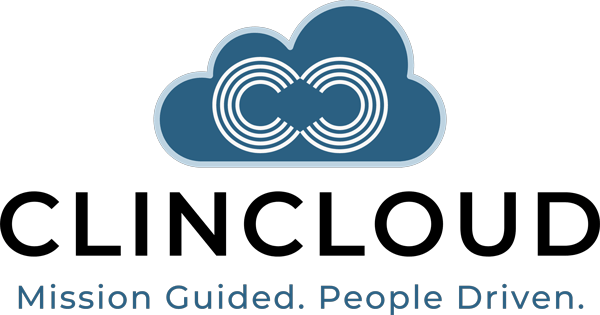
Welcome To ClinCloud
ClinCloud, a Prolerity Clinical Research Company, is a clinical research company established in 2017. ClinCloud was founded with the mission bring communities together to inspire medical discoveries for tomorrow's future through education and technological advances.
ClinCloud's team is comprised of some of the industries' most innovative leaders who collectively have over 40 years of clinical trial experience in patient recruitment and retention. The team is dedicated to filling the gap between the community and effective clinical trial enrollment.
We envision this connecting space to eventually be a collaborative hub of patients and research sites, facilitating research education and trial enrollment in the “ClinCloud”.
Our CLINIC LOCATIONS
Find Us In An Area Near You
With two locations spanning from Central Florida to the Space Coast, we're ready to serve communities all across the state!
ClinCloud offers transportation through premier Lyft services, and does not require any insurance for our studies.
Our resources will always be at no cost to any patient or caregiver.
UP CLOSE & PERSONAL
Our ClinCloud Team Members
We've opened the doors to our team office,
and invite you to meet the amazing people at ClinCloud!
OUR TESTIMONIALS










